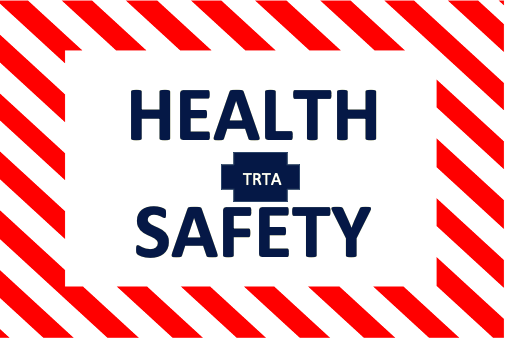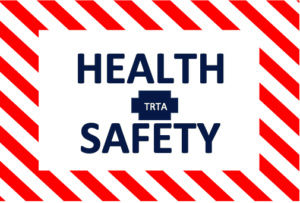Migraines may persist into older age and may develop for the first time after 60. Migraines differ from other headaches. Tension headaches are the most common and can be caused by stress, anxiety, depression, fatigue and jaw-clenching. Tension headaches affect both sides of the head and tend to feel like constant pressure or squeezing. Rebound headaches are also known as medication overuse headaches. Rebound headaches occur when taking too much painkilling medication and in particular, acetaminophen. To stop these, you need to cut back on these substances.
Migraines have subtle signs which may herald the onset of a migraine attack. These may include food cravings, constipation, increased urination and frequent yawning for one or two days before a migraine hits. Odd sensations known as “auras” may also occur and include flashing lights, temporary loss of sight and numbness in parts of the body. These are known as premonitory symptoms. Older adults may experience hammering, throbbing or drilling pain on both sides of the head. Migraines may be accompanied by nausea, vomiting, nasal congestion and watery eyes. Most people have an increased sensitivity to light. Older adults may have less sensitivity to light and noise, but experience more nasal congestion and watery eyes.
Sleep has a correlation with headaches and migraines. During the day, the brain uses neurotransmitters and neuropeptides to function generating waste products that are pro-inflammatory. These waste products may contribute to headaches if they are not cleared from the brain. The clearance process occurs via a network of channels known as the glymphatic system. This system functions when we are in deep sleep. The glymphatic system cleanses the brain reducing inflammation and the likelihood of headaches.
Good sleep may serve as a migraine mitigator. Take some sleep-hygiene precautions for better slumber. The bedroom should be dark enough; you may need blackout curtains. You may need “white noise”, or ear plugs to mitigate sounds. Avoid eating or drinking too close to bedtime. Maintain a consistent bedtime and wakeup time.
Other techniques may provide some relief from migraines and headaches. Apply an icepack, try massage or meditate. Avoid food triggers like chocolate, aged cheese, processed meats and msg (monosodium glutamate). Limit alcohol, in particular red wine. Keep your coffee and caffeineated drinks to one or two cups a day. Stay hydrated! Don’t slump, poor posture can contribute to cervicogenic headaches.
Medications may reduce the frequency and duration of migraines. If you are experiencing five or more migraine attacks a month, you should ask your health provider whether a migraine preventative treatment might be advisable.
Source: “Study Underlines Link Between Sleep and Migraines”, June 2024, Focus on Healthy Aging, Icahn School of Medicine at Mt. Sinai.


